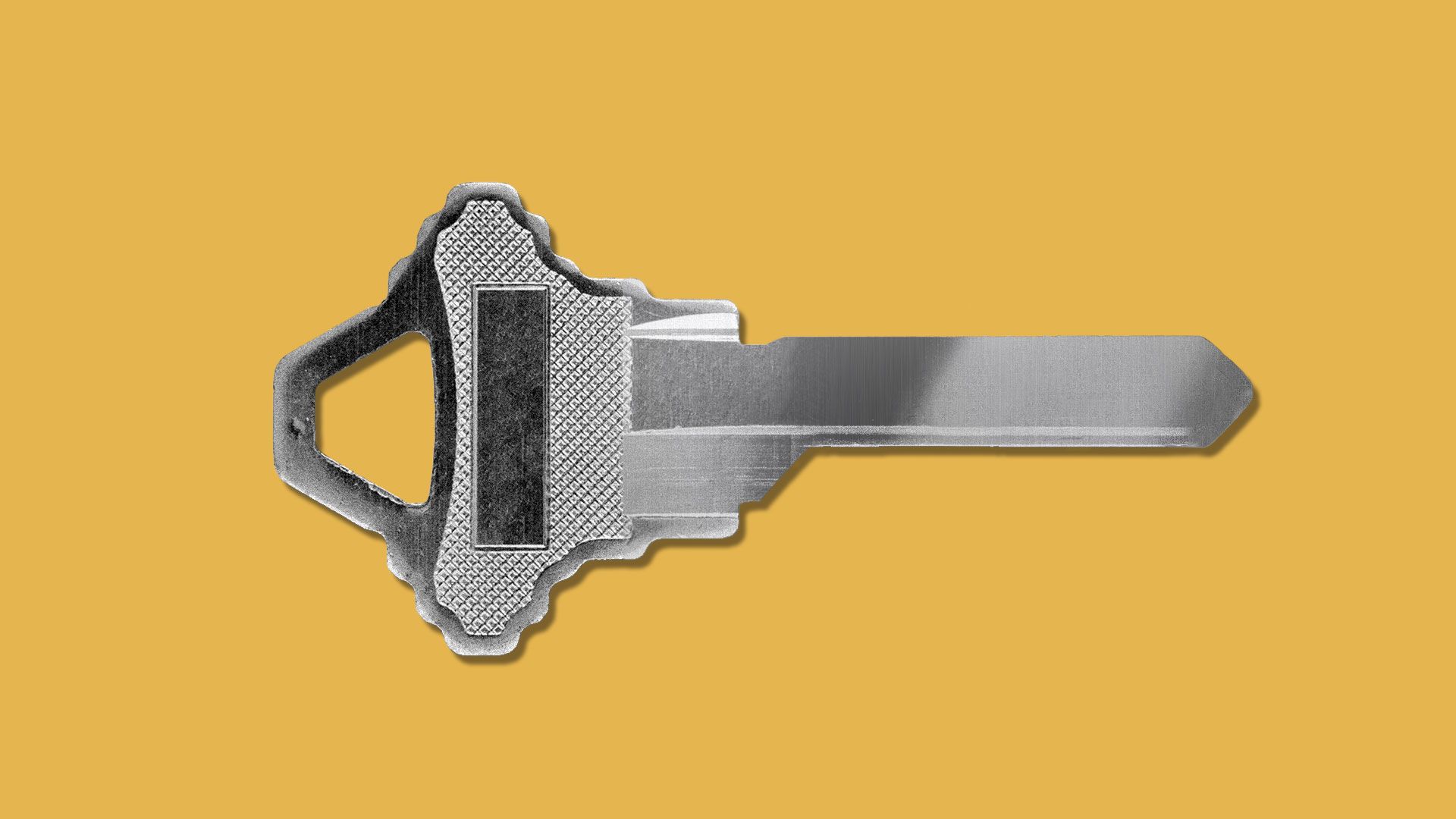
Illustration: Aïda Amer/Axios
Consumers consistently say they want more privacy, but they don't do much about it.
Why it matters: That's the contradiction buried within the privacy debate. Survey after survey suggest that consumers care about preserving whatever privacy they have left — but few actually take steps to share less or delete the troves of data being collected about them online.
- The reality is that the services collecting that data are now large and essential to everyday life — and managing our data (and who gets access to it) is overwhelmingly complicated.
- So consumers, despite their outrage, tend to shrug and make do with the status quo.
By the numbers: 92% of consumers say they should be able to control the information about them on the internet, per a recent PricewaterhouseCoopers report. And 71% say they'd stop doing business with a company for giving away their sensitive data without permission.
- Yet despite high awareness of data scandals, an IBM survey showed most consumers don't take consequential action in response.
- Less than half (45%) updated privacy settings. Only 16% stopped doing business with an impacted company, and only 18% deleted a social media account.
- Most people say it's important to have a clear understanding of a company's privacy policy before signing up — but in practice, most people skip right to the "I agree" box without actually reading it, according to an Axios-SurveyMonkey poll.
"People say they're worried, but they don't vote with their fingers, so to speak."— Jay Cline, PwC Privacy Leader
Case in point: Cline notes that even when legally mandated privacy protections are available, the response rates are low. For example, few consumers use their HIPAA rights to get access to medical records, or use the option under the law to delete medical records.
- And the opt-out rates for marketing blasts are incredibly low — under 2%.
The big picture: "Some of these companies have so much power that we don't have much choice but to use their services — and we can't use these services without giving something up," said Jennifer King, director of privacy at Stanford Law School's Center for Internet and Society.
- "Sure, there are alternatives to Google for search, but there aren't many," said King. "And if you are part of Google's infrastructure, good luck unwinding all the data they have about you."
- Gizmodo's Kashmir Hill found it's nearly impossible to cut major companies like Google, Facebook, Microsoft and Apple out of everyday life.
Yes, but: Although the numbers are relatively small, consumers are starting to use privacy-conscious tools like ad blockers, virtual private networks and encryption. Google says 20 million people access the "My Accounts" hub that houses privacy and security settings every day.
What's next: California's privacy law, which takes effect next January, will be a litmus test for how badly consumers really want privacy — as well as for major companies' willingness to grant the same rights to users outside of the state.
- "The question of how many people are going to try to express their rights for the first time is really important," said PwC's Cline.
